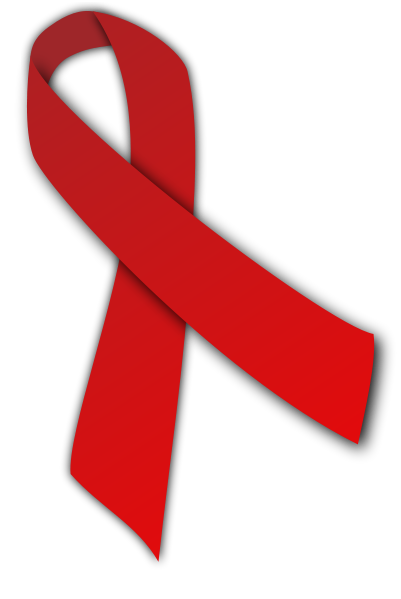World AIDS Day: We’re Still Living With AIDS
1 Dec
(originally written for the NGLTF Policy Institute)
December 1, 2008 8:40 am
Today, many of us will dust off those red ribbons, and “remember” to remember the people who we’ve lost, and who are currently living with HIV/AIDS.
Some of us may even donate money to an AIDS charity doing work in some far flung place. But red ribbons and prayer services that commemorate only hide the reality that here in America, we are still living with AIDS.
Despite major advances in treating the virus, the HIV/AIDS epidemic didn’t go anywhere and in fact, it seems to be getting worse for people in our community. At the International AIDS Conference, the Centers for Disease Control and Prevention (CDC) stunned the international AIDS community by announcing that the richest nation on earth had over 56,000 new infections in 2006. While this may not seem like a huge number, this revision also included a back-calculation revealing that, for the 15 years from 1991-2006, infection rates were approximately 25-50 percent higher than the long-held 40,000 annual estimate.
Not only have we been under-counting the growth of the epidemic, men who have sex with men (MSM — that public health category that includes gay and bisexual men, and transgender women) continue to bear the greatest increases in new infections. In 2006, 53 percent of all new infections were among MSM. More stunning, it found the number of new infections of black MSM ages 13-29 to be the highest of all MSM groups. Even though CDC officials are typically conservative in its public statements, CDC Behavioral Scientist Greg Millett has stated publicly that black MSM are the only group in the U.S. with HIV rates similar to Sub-Saharan African nations, despite similar or lower rates of risky sex or substance abuse than white MSM. While black MSM certainly bear the brunt of the virus, gay and bisexual men and transgender women of all races are disproportionately impacted by the virus.
Though many of us are celebrating a new administration, we are still living with HIV/AIDS policies that reflect the reactionary Reagan era, where politics, not public health science, dominates our approach to HIV prevention, treatment and care. We still fund abstinence-only sex education, ban federal funding for syringe exchange programs, and there’s no coordinated national AIDS strategy for the United States. This lack of concern for our lives shapes the ability of people with HIV to accessing quality services, but also makes many in our community more vulnerable to contracting the virus.
And the HIV negative still live with the virus — lovers, friends, relatives, are positive, have died, and the spectre of HIV still shapes our current sexual lives.
So instead of silently commemorating this World AIDS Day with a red ribbon, I urge of us to continue to fight the public policies that make us more vulnerable to contracting the disease or that prevent people who are positive from staying healthy. President-elect Barack Obama will be making key appointments in the coming weeks that will demonstrate whether his promises for policy change for the domestic HIV epidemic will put public health over politics. We have an opportunity to do something different. Let’s hold him to his word.
Tags: HIV, black gay men, national aids strategy, world aids day 2008

hey i just want to say i think tour brave my uncle died of AIDs 1 year ago yesterday
Thanks. I have lost several people to HIV/AIDS, and know many people currently living with the virus. I wish you the best.